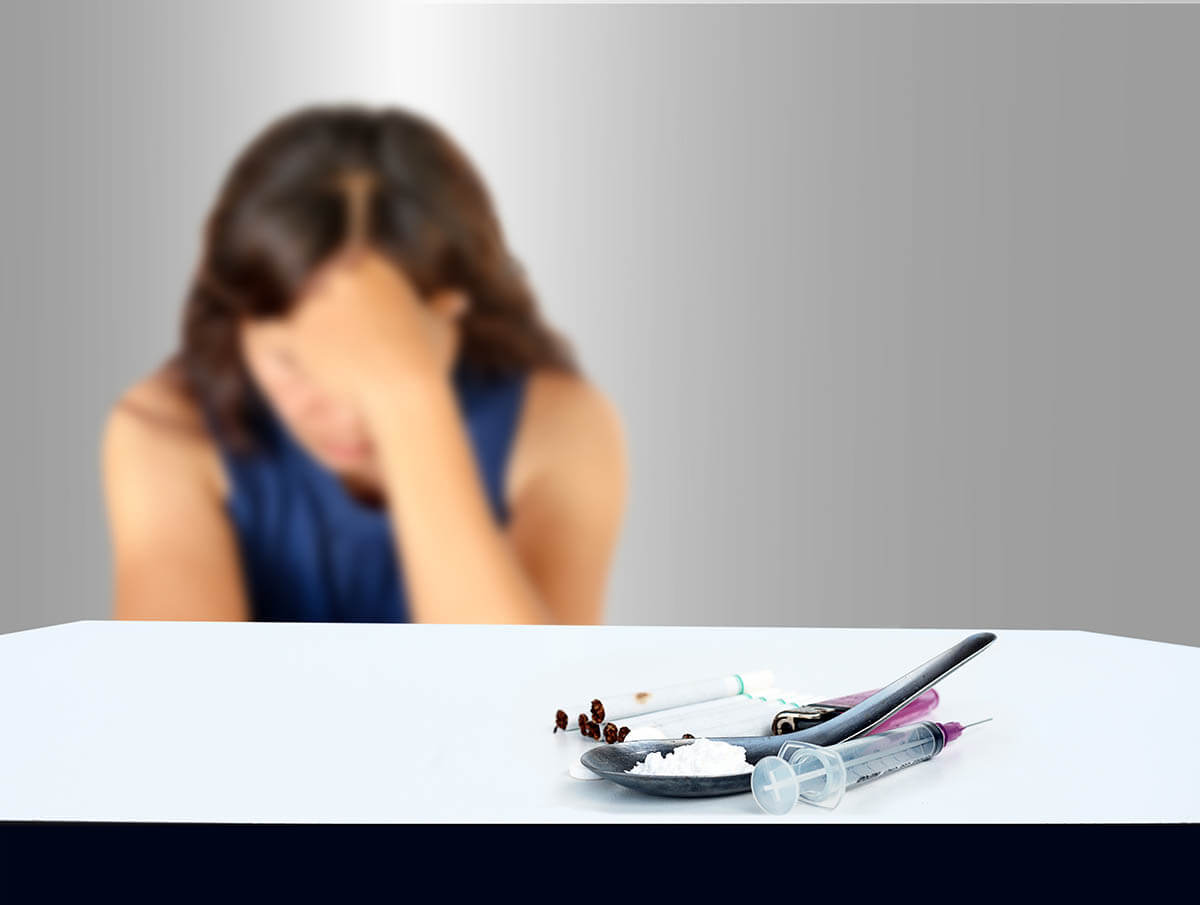When looking for a rehab, you start hearing more about physical and psychological dependence. But what are the differences between these types of dependence on drugs or alcohol? Does it make a difference which type you suffer, when you seek rehab treatment?
About Psychological Dependence
So what is psychological dependence? This type of dependence is an emotional attachment to your abused substances. In this state, you drink or use drugs compulsively, just like you do with a physical addiction. You know these substances harm you, your life, and the people around you. However, you keep going back to them time and again.
The primary difference between physical and psychological dependence on drugs or alcohol comes down to how you feel when you do not use your substances. In a physical addiction, you experience intense cravings and the ill feelings of physical withdrawal. Your body aches, you suffer nausea, and maybe you shake or experience other physical signs that you need another dose.
The same cravings exist when your dependence is psychological, but you experience different feelings when you stop using. Instead of physical illness, you suffer depression, anxiety, or clouded thinking. You also find you cannot stop obsessing over your drug, even if you feel no physical withdrawal effects.
Someone suffering either of these types of addiction needs the addiction help Memphis TN offers for long term sobriety. But many people experience both psychological and physical addiction to their drug. Others suffer just one or the other. Much of this depends on which drug you abuse and how long you use it.
How to End Your Psychological Dependence
In terms of your recovery outlook, what is psychological dependence? You can gain lifelong recovery, regardless of whether you suffer physical, psychological, or both types of dependency. Some psychological effects can remain throughout your life after long term use of drugs or alcohol, however. In fact, one of the biggest triggers for relapse is a psychological one, that of stress.
If you keep reaching for your drug because it relieves stress, then you must learn new coping skills for your life after treatment. These coping skills help you break past your desire to grab your drug every time you suffer life stress. You also learn the earliest signs of potential relapse through relapse prevention therapy.
Dual diagnosis treatment also helps you recover psychologically after drug or alcohol abuse. Many people either start using their substances because they suffer a mental illness, or develop a mental illness because of their drug use. Either way, dual diagnosis treatment helps you learn about your mental condition and what you need to stay healthy in recovery.
Finally, having a support system is critical for staying well after addiction. Your support system is your family, close friends, or other loved ones who engage with you as part of your daily life. Family therapy in treatment helps you make this support stronger and paves the way for healthier interaction at home.
Treatment for Your Dependence In Memphis
In Memphis, Tennessee, you can obtain the treatment, therapies, support, and education you need for lasting recovery after addiction. Available therapies and treatment methods include:
- Residential treatment, PHP and IOP
- Adult and adolescent rehab programs
- Dual diagnosis and trauma treatment
- Six months of aftercare
- Art and music therapy
- Family program
Learn about your physical or psychological dependence and treatment needs by talking to a caring intake counselor at Memphis Recovery. Ask questions, verify your insurance, and find out about available programs in Memphis by calling 901-272-7751.








